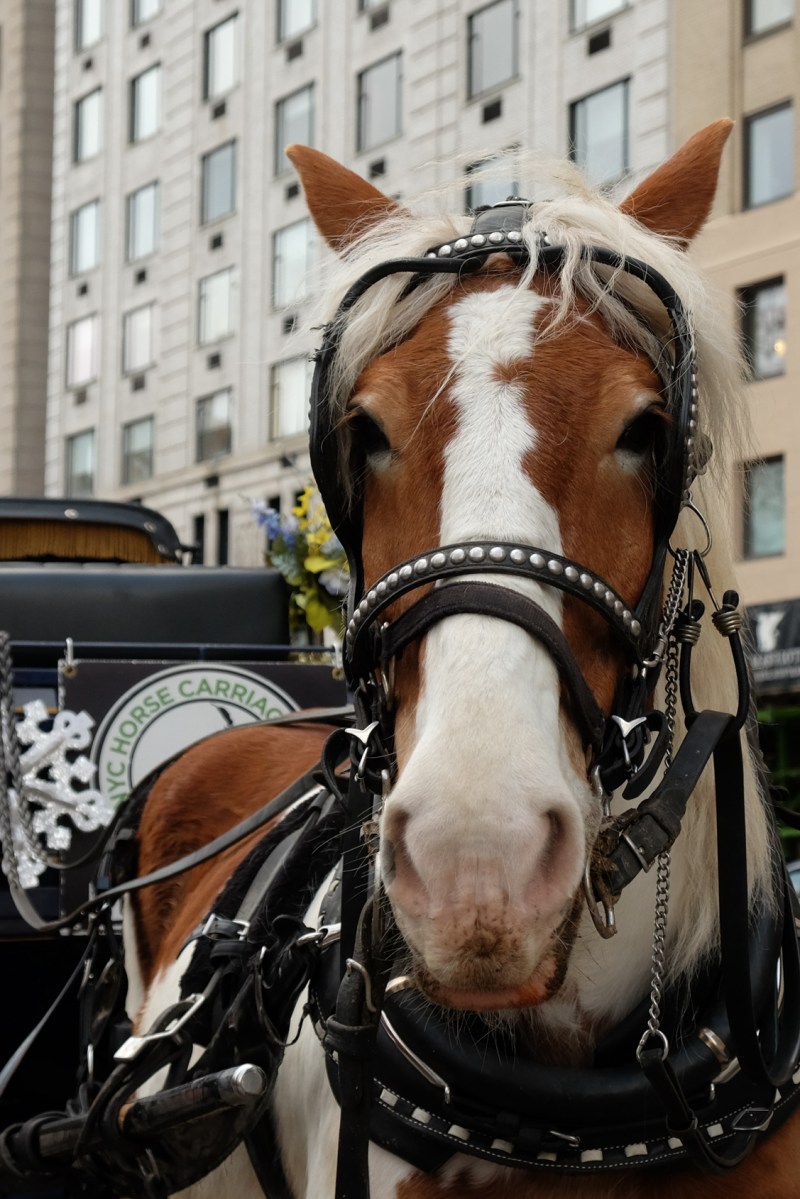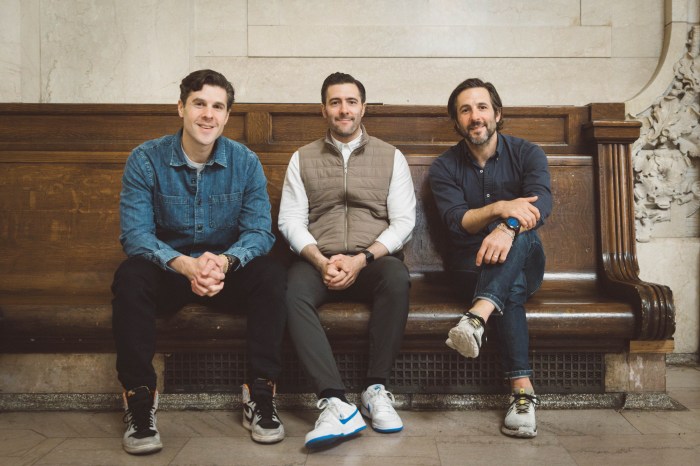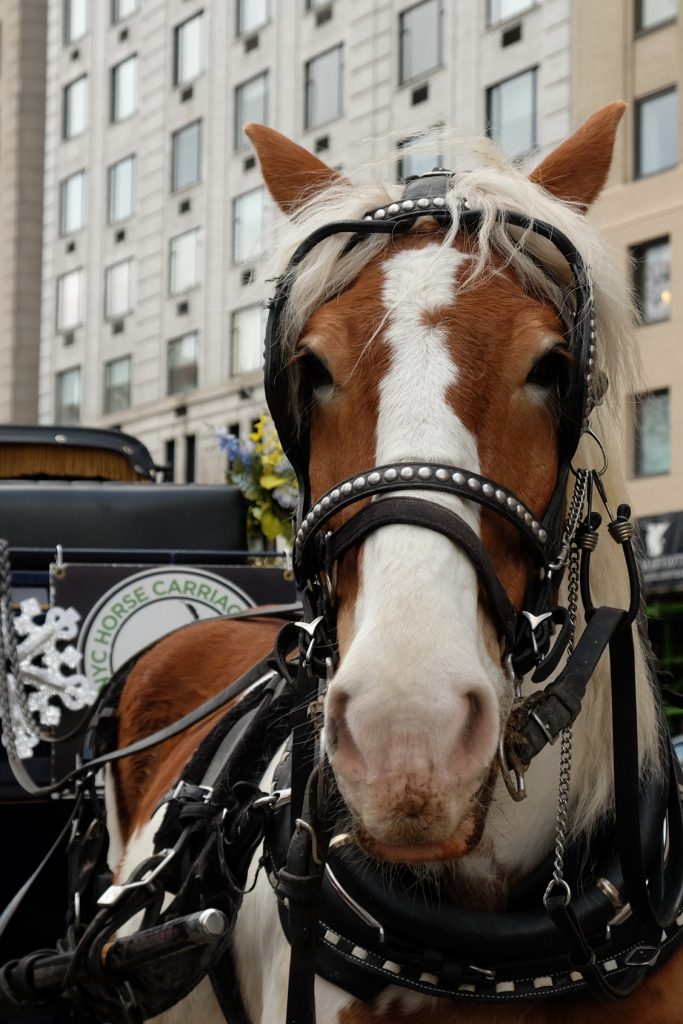
BY GABE HERMAN | The city’s ongoing horse-carriage debate has reignited in recent months, as Mayor de Blasio has tried to implement new rules that would move carriage stations off 59th St. and into Central Park instead.
The new rules would be imposed through the Department of Transportation and not require approval by the City Council, which shot down the mayor’s attempts to ban horse carriages in his first term. It was a pledge de Blasio had campaigned on.
The new rules were proposed in August, and included several spots in the park for horse carriages to be stationed, included entrances along 59th St. and entrances on both sides of the park at 72 St.
On Jan. 4, the proposed rules were amended to include only the park locations near 59th St., inside the Seventh Ave. entrance, inside the Sixth Ave. entrance, and just north of Grand Army Plaza, which is at the park’s southeast corner.
After the initial rules were proposed months ago, a horse owner filed a complaint, arguing that the forced move into the park would hurt business because the location would be farther from tourists, and that the mayor could not impose such rules by himself but required City Council approval.
Earlier this month, a Manhattan Supreme Court judge ordered the implementation of the mayor’s new rules to be put on hold until the complaint is heard in court. The hearing is scheduled for Feb. 8.
After the judge’s decision, a spokesperson for the city’s Law Department issued a statement that read, in part, “The city is hopeful that, at that appearance, the court will allow the new regulations to go fully into effect.”
Christina Hansen, the communications liaison for Historic Horse-Drawn Carriages of Central Park, LLC, said the new rules would actually make things worse for the 200 horses in the local carriage industry. She said the equines are accustomed to being stationed along 59th St. and are creatures of habit who are comfortable there. She added it is actually a safe area for the horses because drivers and bicycles are more careful and pay more attention when they see the animals nearby.
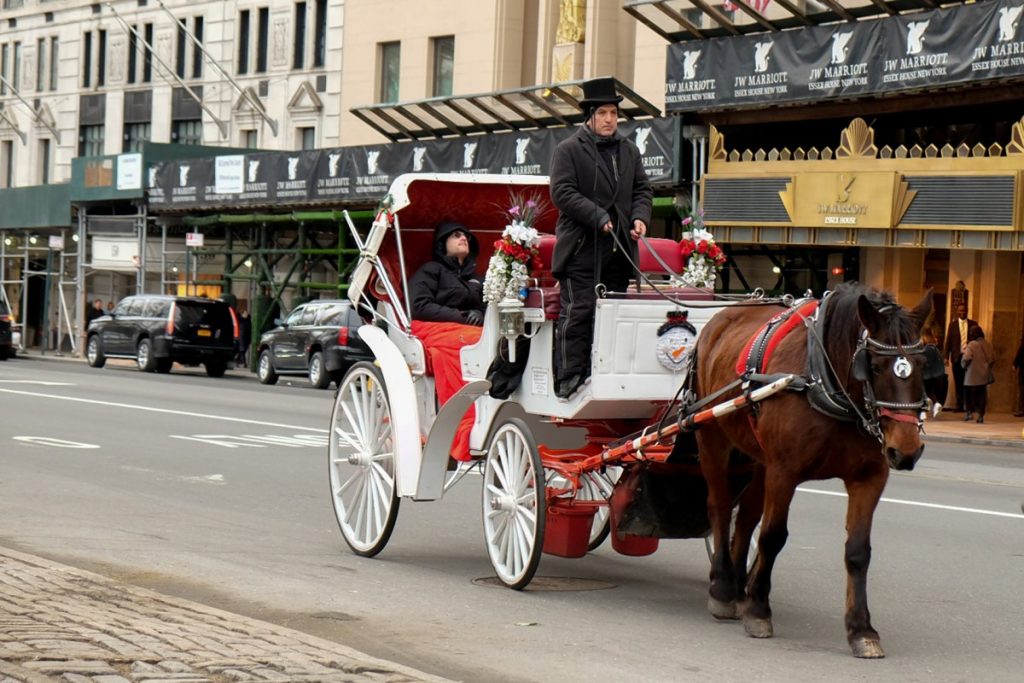
“There’s no problem right now. The horses are very happy, content and relaxed where they’re at,” Hansen said. She added that D.O.T. doesn’t know anything about dealing with horses.
“This isn’t done with any thought or consideration for the horses,” she scoffed. “This is about the mayor solving a political problem for him.”
Hansen said her organization plans to bring its own suit against the mayor.
Edita Birnkrant, executive director of the animal-rights group New Yorkers for Clean, Livable and Safe Streets (NYCLASS), supports the mayor’s new rules and described the conditions for the horses on 59th St. as “harrowing and dangerous and miserable.” She said they have to deal with constant traffic and there are difficult weather conditions, such as no shade in the summer and no protection from snow or rain.
“It’s just a hellish place for them to be. It makes no sense,” she said, adding that moving the horses into the park would also help ease traffic congestion on the streets.
Birnkrant added that the horses being stationed inside the park makes sense because the carriage rides are already going there, and since the park is car-free, it’s safer for the horses.
And she said it wouldn’t hurt business for the carriages because it would be close to where they already are, and there would be signs advertising their businesses.
“They would literally be a few feet away from where they already are, so it’s absurd to think that this is something negative,” she said. She also said there are millions of visitors to Central Park who could see the carriages from inside the park if they wanted to take a ride.
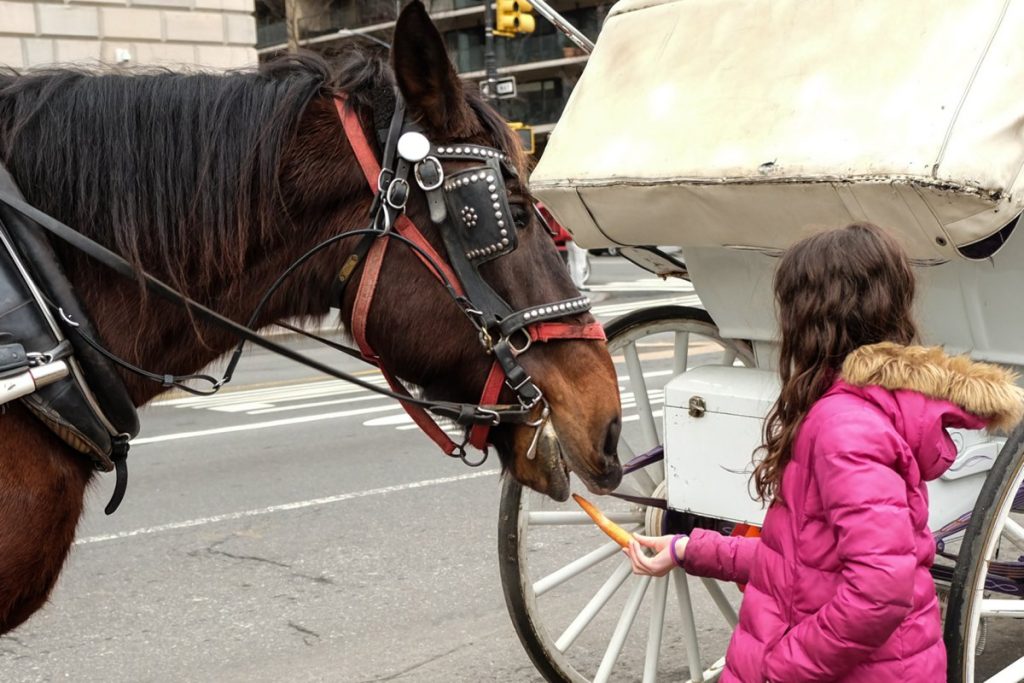
Birnkrant and NYCLASS also called on the recently closed Chateau Stables, one of the Midtown stables that provided horses for carriage rides, to ensure that all of its horses are given a safe retirement. According to NYCLASS, there currently are no retirement laws that protect carriage horses in the city.
Birnkrant said there is concern that there is no official retirement policy, and there have been cases of horses ending up at auctions where they have had to be saved from being sold for slaughter.
She said carriage horses should have the same retirement policy that New York Police Department Mounted Unit horses have, which includes retirement at age 20 — instead of 26 for carriage horses, which she said “is the equivalent of your grandmother pulling a carriage. That is way too old for horses to be forced to do that work.
“The only way to guarantee protection is what we’re asking for,” she said, “in the laws to be changed, and that the carriage horses have the humane policy that the N.Y.P.D. Mounted police horses have.”
When asked about Chateau Stables, Hansen said all of those horses have gone back into circulation with other carriage-horse companies.
And she assured that all carriage horses get a good retirement, and that, even in instances where a retired horse ends up at auction, there is no danger of them being sold for slaughter because they still have value as trained horses.
Her group’s Web site notes that retired carriage horses are valued as family horses, and “The carriage industry partners with Blue Star Equiculture, a draft horse sanctuary in Massachusetts, to provide a retirement program for adoption.”



